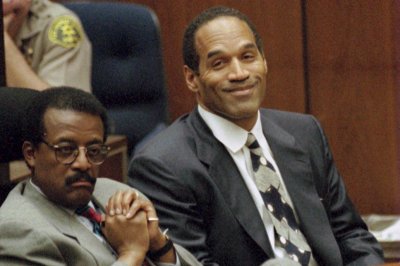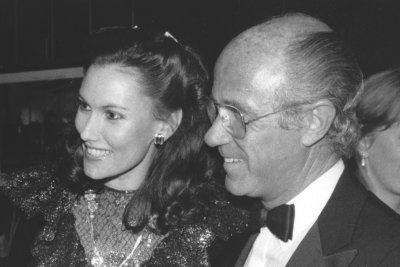Topic: Andrei Gromyko
Andrei Andreyevich Gromyko (Russian: Андре́й Андре́евич Громы́ко; Belarusian Андрэ́й Андрэ́евіч Грамы́ка; July 18 1909 – July 2, 1989) was a Soviet statesman from the beginning to the end of the Cold War. He served as Minister of Foreign Affairs of the USSR from 1957 to 1985, and as Chairman of the Presidium of the Supreme Soviet, or head of state, from 1985 to 1987. Gromyko was responsible for many top decisions regarding Soviet foreign policy. He retired in 1985 after being replaced by Mikhail Gorbachev as head of state. In the Free World he was given the nickname Mr. Nyet, literally meaning Mr. No.
Gromyko was born in the Belarussian village of Staryja Hramyki in 1909, to a Belarussian peasant family. When he filled 13 years, Gromyko went with his father to gather money for the family. After studying for seven years in the fields of vocational and technical in Gomel, he left for Moscow to continue his studies. In 1932 he graduated from the Minsk Institute of Agriculture and in 1936 from the All-Union Scientific Research Institute of Agricultural Economics in Moscow. Gromyko started working for the government in 1939, when he was employed in the Commissariat of Foreign Affairs (later renamed Ministry of Foreign Affairs). Four years later he became the Soviet ambassador to the United States; a office he'd hold until 1946 when he became the Soviets Permanent Representative to the United Nations. Upon his return to the Soviet Union he became Deputy Minister of Foreign Affairs of the USSR, and later, First Deputy Minister of Foreign Affairs of the USSR only to become the Soviet ambassador to the United Kingdom.
As Soviet Foreign Minister, Gromyko played a direct role in the Cuban Missile Crisis and personally met with President of the United States, John F. Kennedy, during the crisis. Gromyko helped negotiate arms limitations treaties, specifically the ABM Treaty, the Nuclear Test Ban Treaty and SALT I II among others. Under the leadership of Leonid Brezhnev, he helped construct the policy of détente between the superpowers and was active in drawing up the non-aggression pact with West Germany. After supporting Gorbachev during his nomination as General Secretary of the Communist Party of the Soviet Union, he was replaced as Minister of Foreign Affairs by Georgian Eduard Shevardnadze and instead made head of state. He was later forced to retire due to his conservative views during the Gorbachev era. He died the following year in Moscow on July 2, 1989.
It uses material from the Wikipedia article "Andrei Gromyko."






